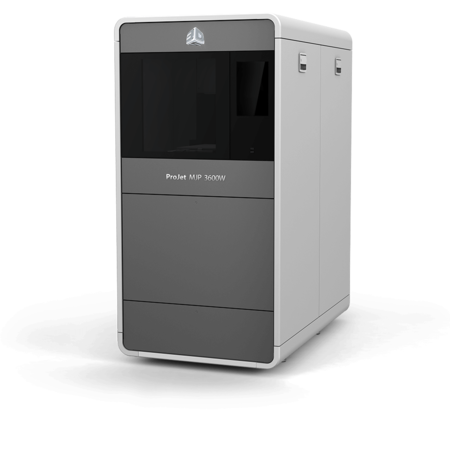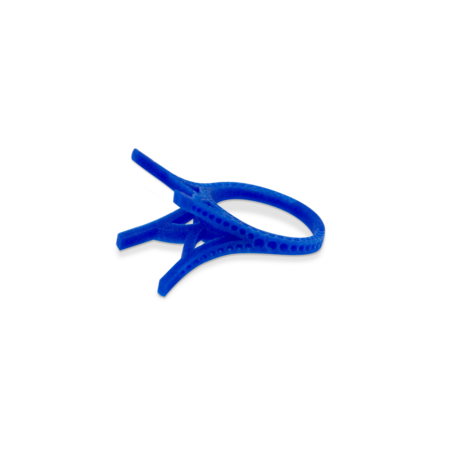As recently as 2011, the European Commission ranked Romania’s natural gas reserves as the third largest in the European Union. That same year a large amount of that natural gas was used domestically, as Romania imported a mere 17% of its overall gas consumption. The national gas industry is important for the country of just over 21 million people, who depend in large part on the domestic gas companies and suppliers as well as the estimated 1.4 trillion cubic meters of natural gas that lies beneath its soil.
Elster Aeroteh also plays a key role in the industry as the country’s main producer of equipment for gas measurement and regulation. Millions of people, from the large gas companies to the customers keeping toasty warm at home, depend on the meters, regulators and turbines created by Elster Aeroteh. Indirectly, so do the people who make the gas regulation assemblies. So when Elster Aeroteh set out to produce a new, simpler pressure regulator model especially for the Romanian industry, it was important for that it be developed and manufactured locally—rather than in the company’s German parent location—not only to be competitive in emerging markets but also to ensure that many of the company’s Romanian manufacturing jobs would be safe.
First, Elster Aeroteh’s engineers had to verify that the assembly could function as designed and that it could be accurately produced in the Romanian facility. That meant extensive pressure testing, especially on the most vital piece in the assembly, a regulator housing. When Elster Aeroteh originally undertook testing on the housing, they used a prototype created via traditional CNC manufacturing. However the results of their initial testing were unreliable. In fact, they had trouble even getting it to fit properly in their assembly. The geometry of the part being as complicated as it was, they discovered that CNC methods couldn’t produce the prototype at the level of detail required to get a true picture of its performance.
That’s when they went to LogiCAD Solutions, a Romanian CAD/CAM service provider with almost twenty years’ experience in 3D modeling and design. Under the guidance of technical supervisor Dorin Dascalu, LogiCAD was charged with quickly enabling Elster Aeroteh to create accurate cast aluminum alloy prototypes for this particular piece. In doing so, there was one logical choice: 3D Systems’ ProJet® MJP CPX wax 3D printer.
Capable of creating RealWax™ micro-detail investment casting patterns, the ProJet MJP produces parts for everything from hardcore foundry applications to delicate jewelry designs. This versatile, touchscreen-equipped 3D printer features three print modes for varying levels of detail, the highest being on the order of 16-micron layer thickness.
“I showed Elster Aeroteh what they could accomplish with 3D printed wax technology,” said Dascalu. Without doubt, this is the type of situation that’s perfect for 3D printing, because 3D printing has virtually no geometry limitations. What you’ve designed on screen is what you end up with, and with the ProJet MJP's level of precision, LogiCAD could quickly create highly accurate casting patterns without compromise and do it cheaper than with CNC machining. Using these true-to-design pieces, Elster Aeroteh could then move forward with testing and a go/no-go decision on this important project.
In about three days, including CAD preparation, LogiCAD printed four wax test pieces on the Multi Jet printer. Then they used the wax parts as casting patterns to produce the aluminum alloy test housings. After the casting process, LogiCAD used a CNC machine to get nominal dimensions for the assembling planes and for the threads. From CAD file to final test part the project only took about 12 days. The speed and economy with which LogiCAD finished the job helped Elster Aeroteh to rapidly move forward through testing and approve the assembly for final production, which they did. Today, at their Romanian facility, the company is creating these assemblies, using casting molds prepared through traditional manufacturing methods but based on the test pieces that Dascalu and LogiCAD created in the initial phases of development.
Beyond the part itself, Dorin Dascalu says that they helped to keep a significant number of jobs in the country, a definite point of pride, as the social impact of this one assembly was always a key consideration. “This was a very important project,” says Dorin Dascalu. “We were able to show Elster Aeroteh that they didn’t have to import the part from Germany. We showed them they could produce it here, do it locally. We helped get the part built.”

